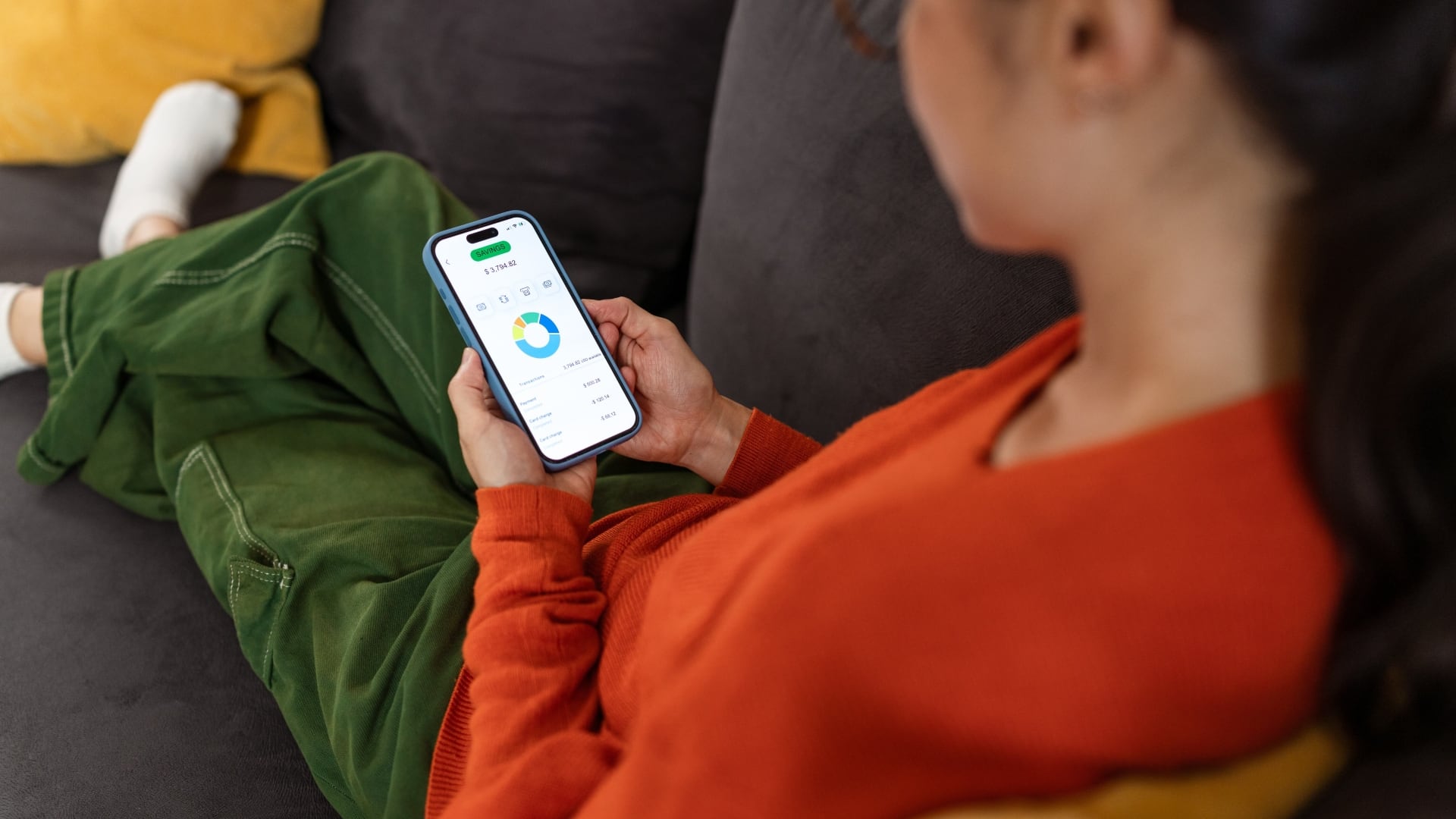*By Carlo Versano* Abra, the crypto exchange and digital wallet startup, is trying to fundamentally change the way banking is done with a simple consumer-facing app that allows users to effectively create "synthetic" dollars using the inherent value of Bitcoin and other cryptocurrencies. If that sounds confusing, allow Bill Barhydt, Abra's co-founder and CEO, to explain. Speaking with Cheddar's Tanaya Macheel at the North American Bitcoin Conference in Miami, Barhydt said Abra was born out of a desire to solve problems for "unbanked" people in the developing world. "We think cryptocurrencies are uniquely qualified to solve a lot of banking problems in those markets," Barhydt said. But the technology ー think Venmo, with a layer of crypto on top ー has applications for people in developed markets as well. That's because, as Barhydt explained, the underlying innovation is that Abra allows one to store Bitcoin essentially as their currency of choice. The app currently supports 30 cryptocurrencies and 50 fiat currencies, but it doesn't actually hold real money, which means it isn't subject to the same regulations as a bank. By creating synthetic dollars (or pesos, or euros) with the backing of Bitcoin to create the value, users are able to exert complete control over their money, according to Barhydt, who worked as a CIA cryptographer and quant at Goldman Sachs before becoming an entrepreneur. "That's a real technological breakthrough," Barhydt said.












